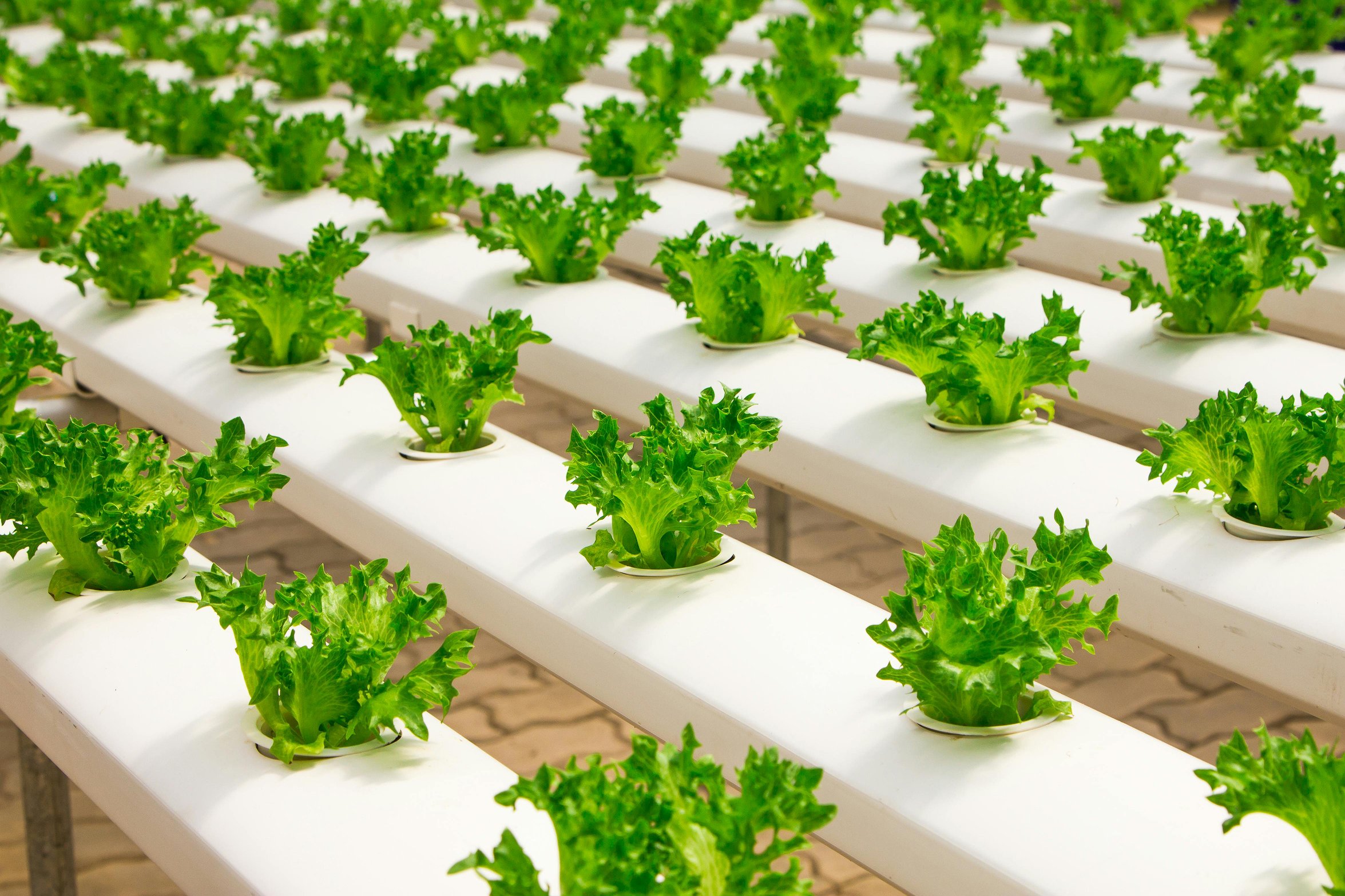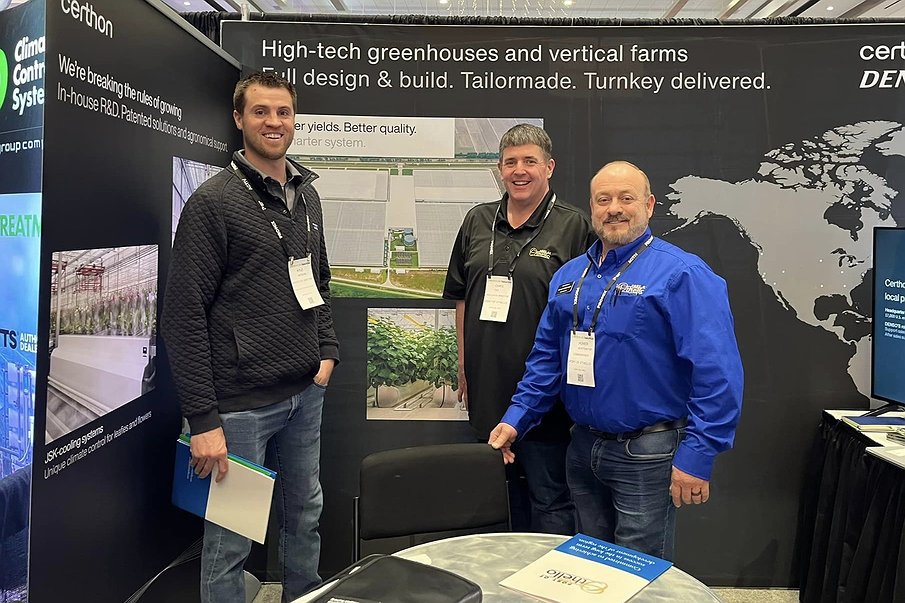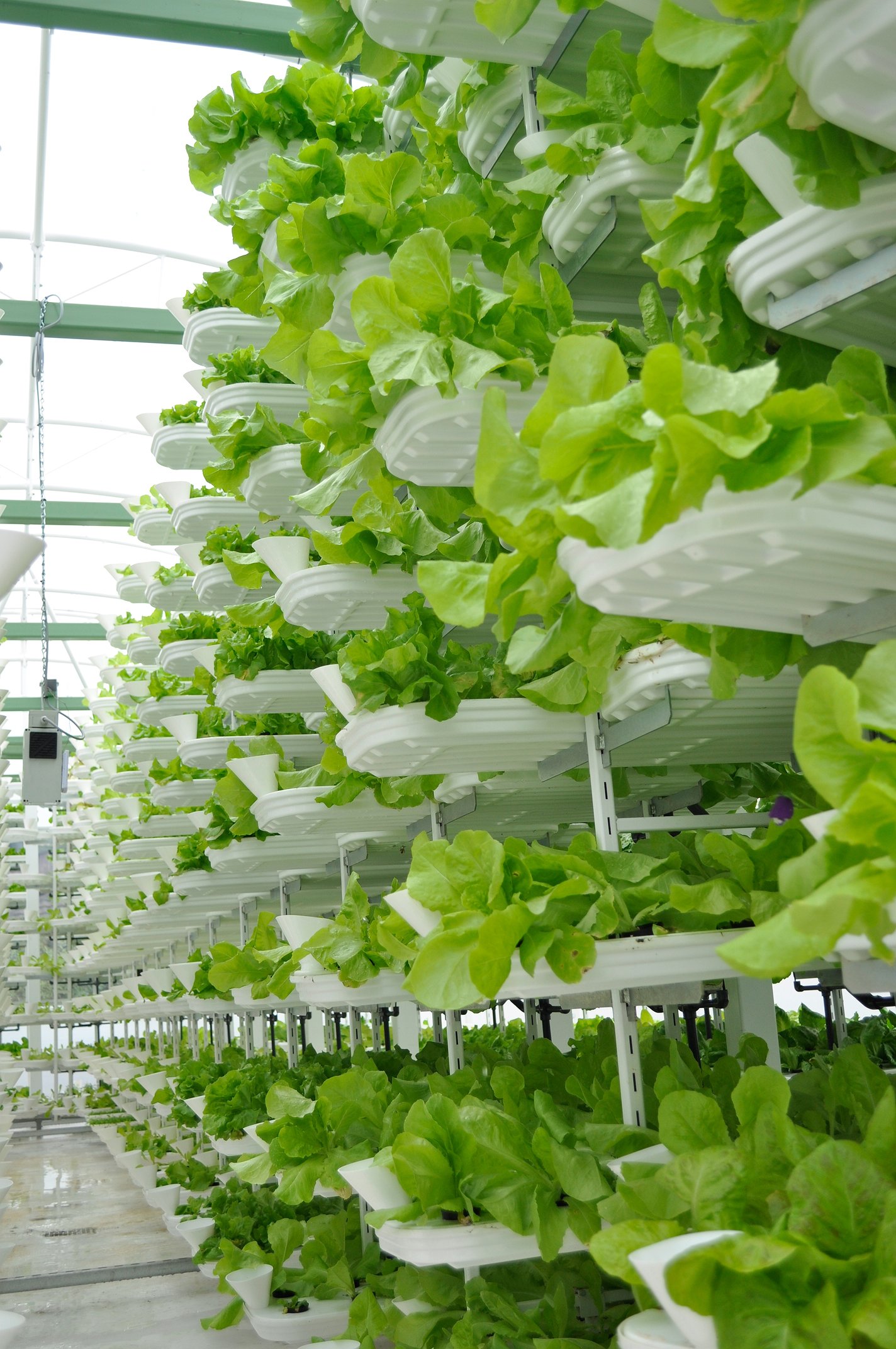ACDC and Port of Othello consider indoor farming in the Basin
OTHELLO — Representatives of both the Port of Othello and the Adams County Development Council reflected on the viability of indoor or vertical farming greenhouses in Grant and Adams Counties after they attended the 11th Annual Indoor Ag-Con on March 11-12 in Las Vegas.
“What kind of spurred this is in Pasco, Local Bounti is the company, they are opening an indoor ag commercial greenhouse, which is kind of the first of its scale in Washington,” Niehenke said. “Hearing about them opening that was like, ‘OK, wait, that's a good fit for us,’ especially for the port here; we have a ton of water, we have a ton of electricity and we have a ton of land.”
Indoor agriculture utilizes automated and temperature-controlled systems to grow crops year-round. Faix said that the systems seem to be able to accommodate a wide range of different crops.
Niehenke said the benefits include increasing the availability of locally grown produce and decreasing the transportation costs, especially for crops grown outside the area and shipped in when they are out of season.
At the conference many people were surprised how little land and power costs were in Grant and Adams Counties, Niehenke said.
“I think we've definitely found out that our land is affordable,” Faix said. “We're not gouging anybody.”
Niehenke said he thinks indoor ag would likely be more successful in the Columbia Basin than in Western Washington, or even more successful than in areas like Spokane and the Tri-Cities. He said he believes there is a misconception that Washington is an expensive state because people look at Seattle and Western Washington but don’t look at Eastern Washington.
“This is where Grant County PUD rightfully shines as well,” Niehenke said. “We have cheap power, and the difference from (Adam’s County’s) Avista to Grant County PUD for these guys is a rounding error compared to what they're used to right now.”
Niehenke said the Port of Othello also has a large amount of water.
“We're only using a small percentage of what we're allotted every year,” Faix said. “So, water is definitely not the issue. (We have to) make sure we have enough power, natural gas, workers.”
According to Niehenke, the area has the infrastructure to support the workers, utilities and transportation needs of indoor farming.
“From Moses (Lake) to Othello here down to Pasco, this corridor, left, right, north and south is the bread basket, potato basket right now,” he said. “So why don't we complement it with more agriculture? We’ve got cash crops of potatoes, we’ve got cash crops of corn, onions. Yeah, onions … You’re not devoting a whole circle to (indoor agriculture); you have a pretty small footprint for a pretty good yield, which is why indoor ag has taken off.”
The climate works in the area’s favor as well.
“Even though we have winters, we don't have harsh winters,” he said, “so they're only spending money on heating for a shorter amount of time.”
Niehenke said indoor agriculture doesn’t harm other farms either.
“This doesn’t compete with our existing ag,” he said. “This directly complements what we have.”
The crops are protected from extreme weather in both the summer and winter. Consequently, the working conditions are also much better since the workers are also protected from the weather and would be working primarily with elevated beds and plants, decreasing the physical labor involved.
“I think the biggest hangup, when we talked to these guys, is that some of these commodities don't store well, so you have to have a contract, you have to have a buyer,” Niehenke said.
Port of Othello Commissioner Homer Montemayor, who also attended the conference, said Washington is lagging behind other states in the indoor farming industry, and he would like to see it implemented in Othello.
“We have the infrastructure, we have the resources, we have the trucks, we have everything,” he said.
Gabriel Davis may be reached at gdavis@columbiabasinherald.com.









